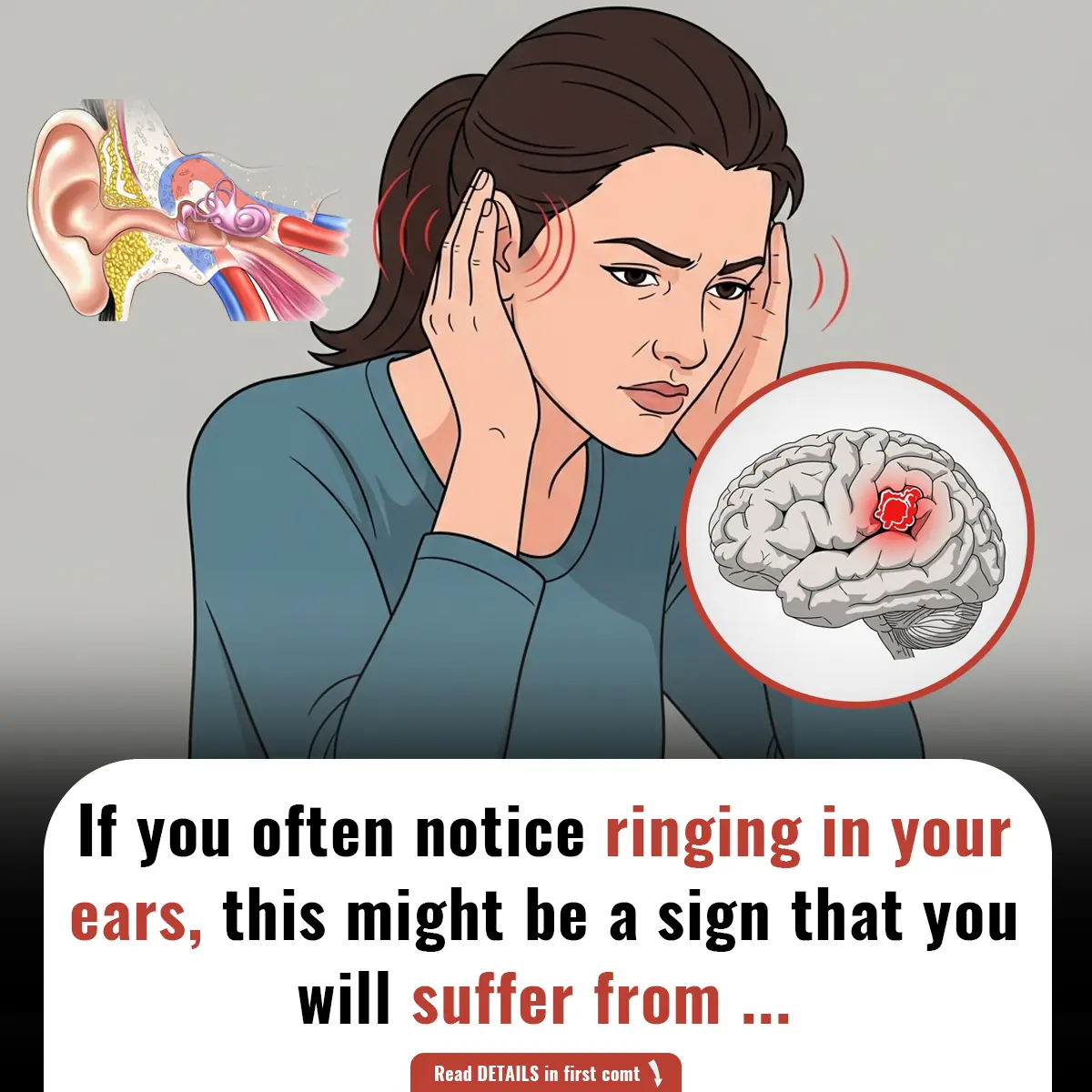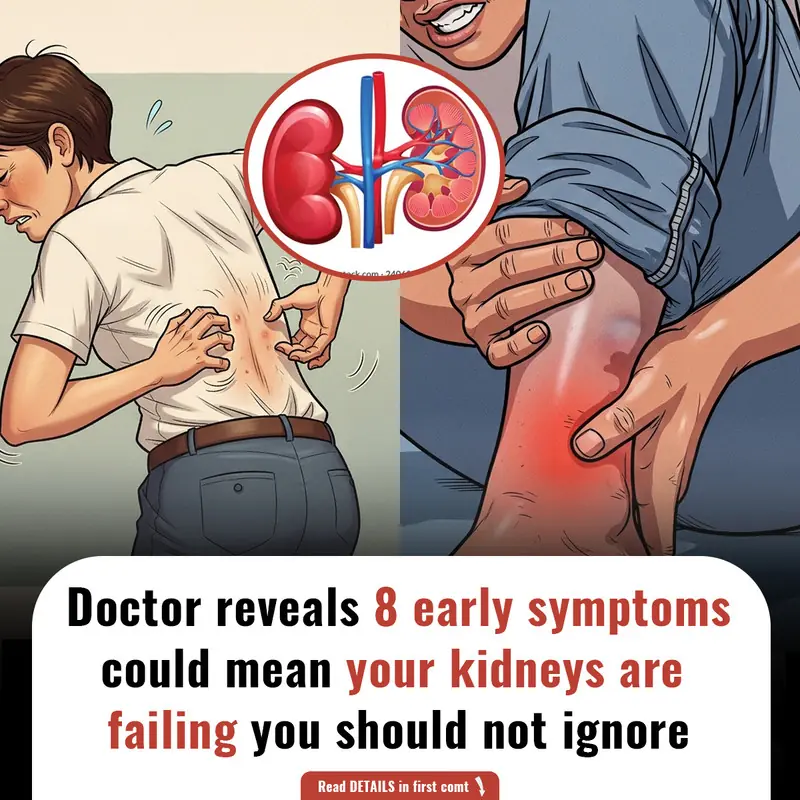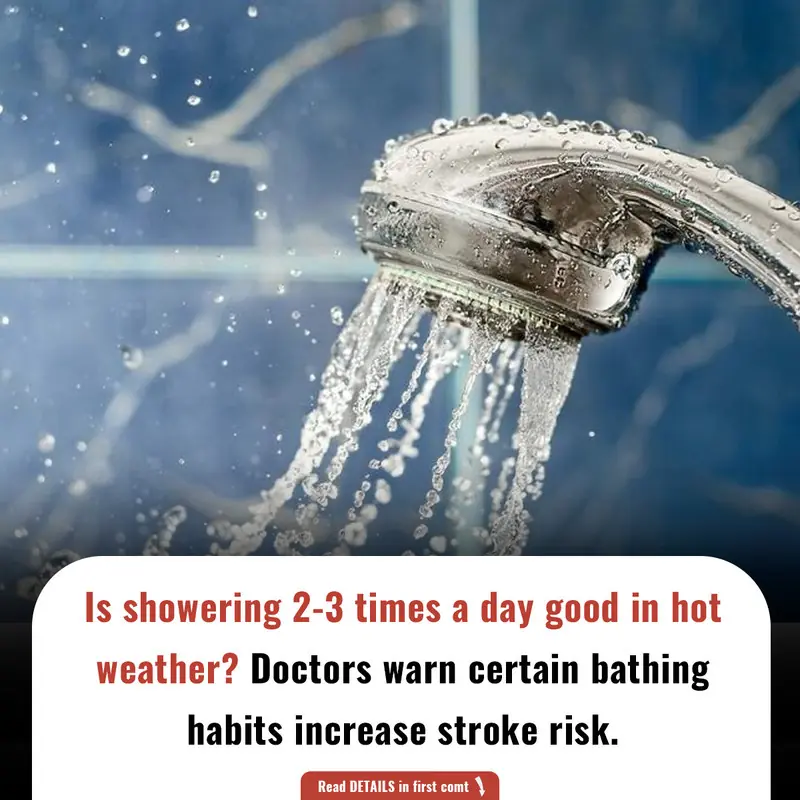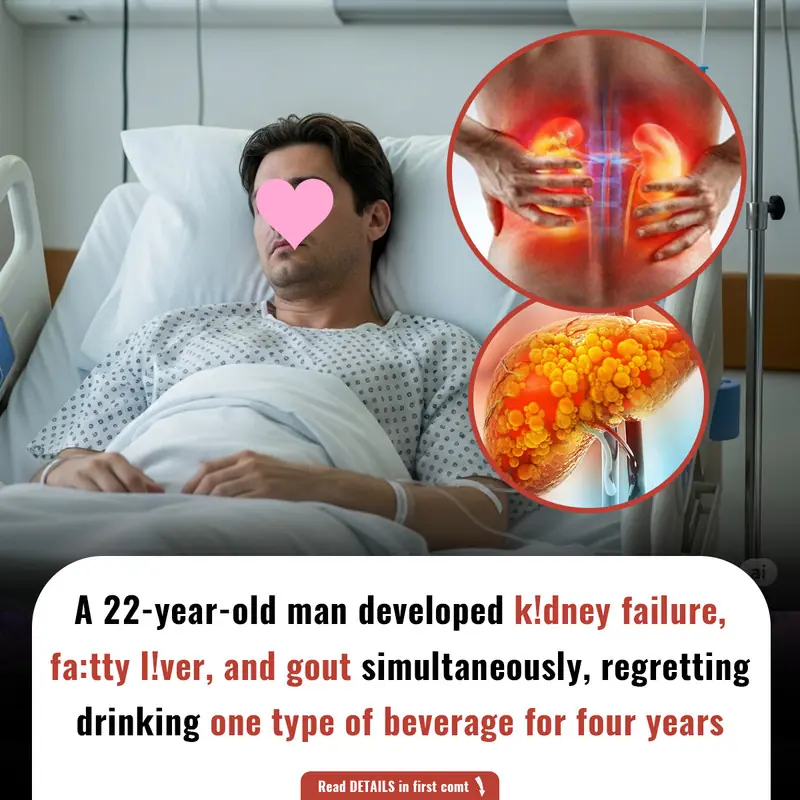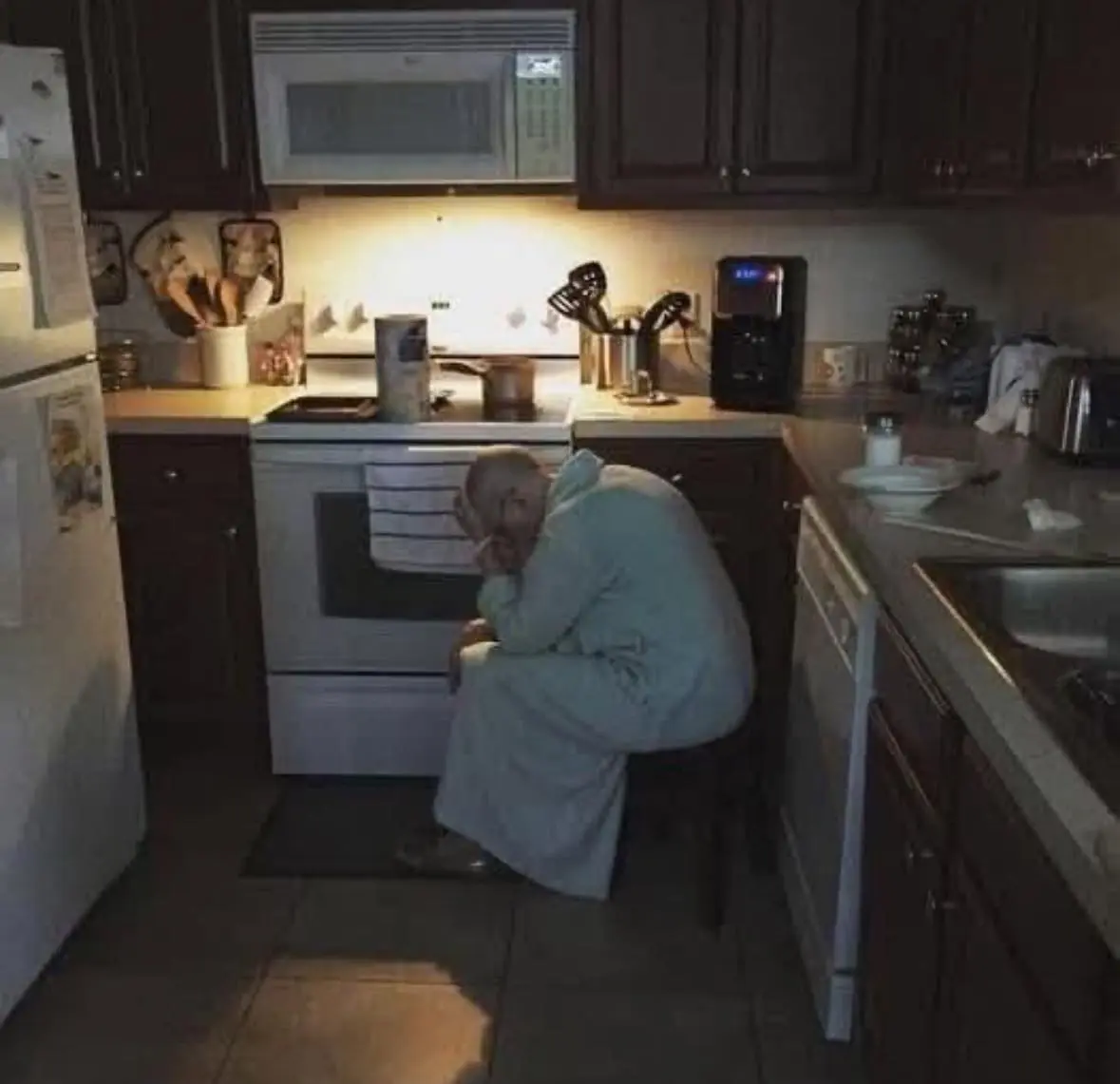Introduction: Understanding Nocturia Beyond Sleep Disruption
While occasionally waking up at night to use the bathroom is a common experience, consistently needing to urinate multiple times during the night—known medically as
nocturia—may indicate deeper health concerns. Though often attributed to urinary tract issues, diabetes, or an enlarged prostate, recent studies have begun to uncover a significant connection between nocturia and cardiovascular health, particularly heart failure. Understanding this link is vital for early detection and intervention.
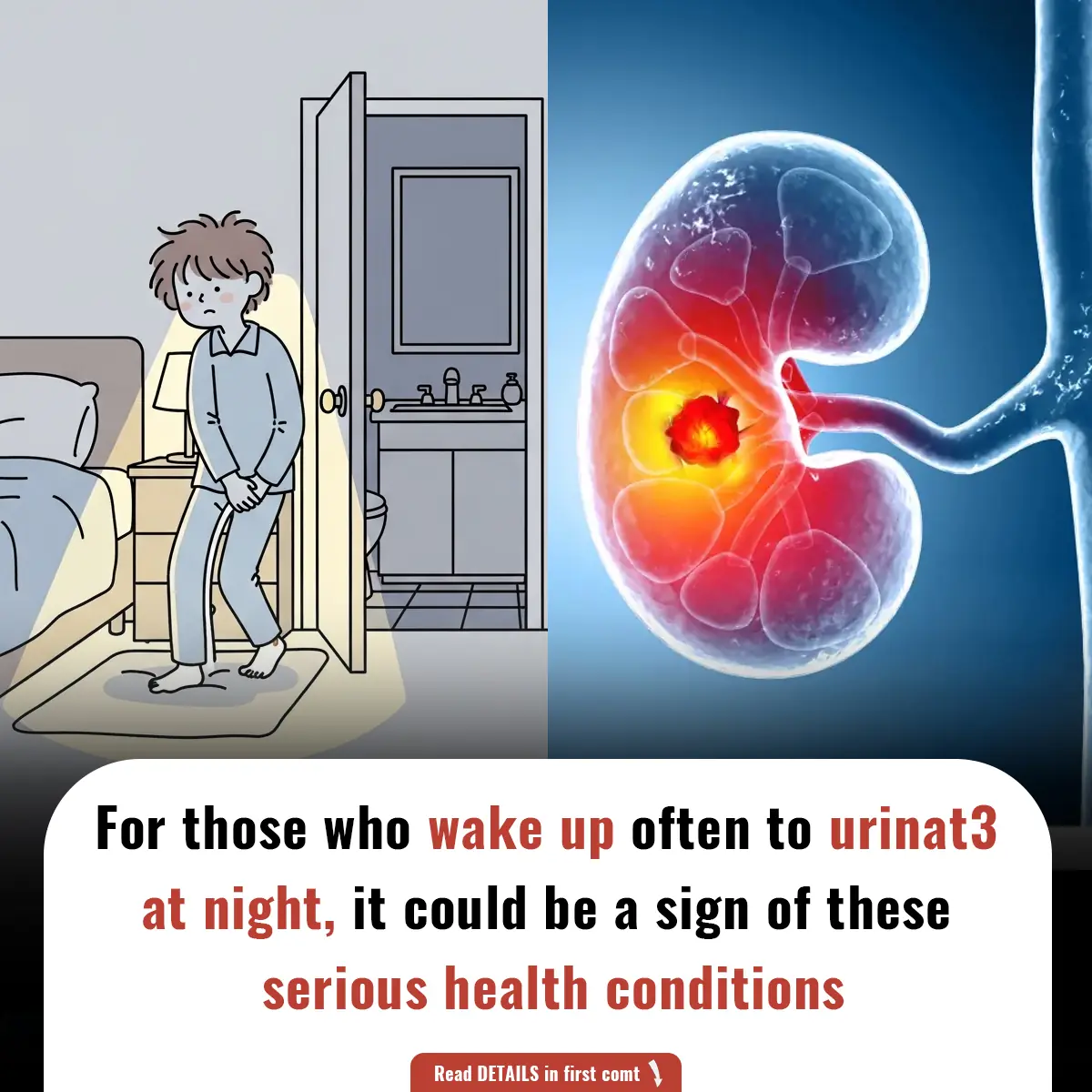
What is Nocturia?
Nocturia is characterized by the need to wake up one or more times during the night to urinate. This condition can severely impact sleep quality, leading to daytime fatigue, reduced concentration, and decreased overall well-being. It affects people of all ages but becomes increasingly prevalent with aging and in those with chronic medical conditions.
Common Causes of Nocturia:
-
Diabetes mellitus: High blood sugar increases urine production.
-
Benign prostatic hyperplasia (BPH): Enlarged prostate restricts urine flow in men.
-
Medications: Diuretics and some blood pressure drugs increase urine output.
-
Excessive fluid intake before bedtime.
-
Sleep disorders such as sleep apnea.
Yet, nocturia’s relationship with heart health is gaining attention, especially in light of new evidence connecting frequent nighttime urination to heart failure and hypertension.
The Heart-Nocturia Connection: Insights from Recent Research
A landmark Japanese study involving 1,882 participants revealed that 1,295 individuals reported waking at least once per night to urinate. Intriguingly, these individuals exhibited a 40% increased likelihood of developing hypertension—a major risk factor for heart disease.
What Does Heart Failure Mean?
According to the NHS (National Health Service, UK), heart failure, also known as congestive heart failure, does not imply the heart has ceased functioning. Instead, it describes a condition where the heart cannot pump blood efficiently to meet the body’s needs. This chronic disease worsens over time and can affect people irrespective of age.
How Does Nocturia Relate to Heart Failure?
-
Fluid Redistribution: When lying down at night, fluid that has accumulated in the legs during the day can re-enter the bloodstream and kidneys, increasing urine production. In heart failure, inefficient heart pumping exacerbates this process.
-
Kidney Function: Heart failure impacts kidney function, altering fluid balance and urine output, potentially causing nocturia.
-
Hormonal Changes: Heart failure affects levels of hormones that regulate fluid retention and urination, leading to increased nighttime urine production.
Thus, frequent nighttime bathroom visits could be a subtle indicator that the heart and kidneys are struggling to maintain equilibrium.
Sodium Intake and Hypertension: A Compounding Factor
Another critical factor in the Japanese study was high sodium intake—approximately 10 grams per day, well above the WHO-recommended limit of 5 grams. Excessive salt consumption is directly linked to high blood pressure (hypertension), which significantly increases the risk of heart failure, stroke, and other cardiovascular diseases.
Why Is Sodium So Harmful?
-
Causes the body to retain excess fluid, increasing blood volume and pressure.
-
Forces the heart to work harder, leading to hypertrophy and eventual heart failure.
-
Strains kidney function, impairing the body's ability to regulate fluids.
Reducing dietary sodium is a widely recommended strategy to mitigate these risks and improve overall cardiovascular and kidney health.
The Vicious Cycle: Nocturia, Sleep Disruption, and Heart Disease
Nocturia disrupts sleep architecture, leading to fragmented and poor-quality sleep. Poor sleep is independently associated with numerous adverse health outcomes, including:
-
Increased risk of cardiovascular diseases such as hypertension and heart failure.
-
Higher likelihood of metabolic disorders, including type 2 diabetes and obesity.
-
Compromised immune function and increased systemic inflammation.
This creates a vicious cycle where nocturia leads to poor sleep, which then exacerbates cardiovascular problems, further worsening nocturia.
Diagnosing and Managing Nocturia in Heart Patients
Clinical Approach:
-
Comprehensive medical history and physical examination focusing on cardiovascular and urinary systems.
-
Blood pressure monitoring and assessment for heart failure symptoms (e.g., swelling, shortness of breath).
-
Laboratory tests for kidney function, blood glucose, and electrolyte balance.
-
Urinalysis to rule out infections or other urinary tract issues.
-
Specialized tests like echocardiography and 24-hour urine collection may be required.
Treatment Strategies:
-
Lifestyle modifications: Reducing salt intake, limiting fluid consumption before bedtime, weight management.
-
Medications: Diuretics may need adjustment; heart failure drugs like ACE inhibitors or beta-blockers may improve symptoms.
-
Sleep hygiene: Addressing underlying sleep disorders like sleep apnea to improve overall health.
-
Patient education: Awareness of nocturia as a potential heart symptom to prompt timely medical consultation.
Early diagnosis and tailored treatment can significantly enhance quality of life and reduce the risk of progression to severe cardiovascular complications.
Public Health Implications and Future Directions
The growing evidence linking nocturia to cardiovascular disease highlights a need for:
-
Increased public awareness about the importance of nighttime urinary symptoms.
-
Screening protocols for nocturia in patients at risk for heart failure and hypertension.
-
Research on underlying mechanisms connecting urinary symptoms with cardiac function.
-
Dietary guidelines emphasizing sodium reduction as a preventive measure.
-
Interdisciplinary care models integrating cardiology, nephrology, and urology services.
Preventing and managing heart disease demands a holistic approach that considers seemingly unrelated symptoms like nocturia.
Conclusion: Don’t Ignore Those Nighttime Bathroom Trips
Nocturia, often dismissed as a minor inconvenience, can be a critical early sign of serious heart conditions like heart failure and hypertension. Recognizing and addressing this symptom through lifestyle changes, medical evaluation, and appropriate management can improve outcomes and save lives. If you find yourself waking up frequently at night to urinate, consult your healthcare provider—it might be more than just a bladder issue.
About the Sources
This article references studies published by credible organizations including the National Health Service (NHS UK), the Canadian Journal of Gastroenterology and Hepatology, and research conducted in Japan involving 1,882 participants. The information is verified and aligns with current medical understanding and guidelines.
SEO Keywords for Optimization
-
Nocturia and heart failure connection
-
Frequent nighttime urination causes
-
Nocturia and hypertension risk
-
Effects of high sodium on cardiovascular health
-
Sleep disruption and heart disease
-
Managing nocturia in heart patients
-
Preventing heart failure symptoms





